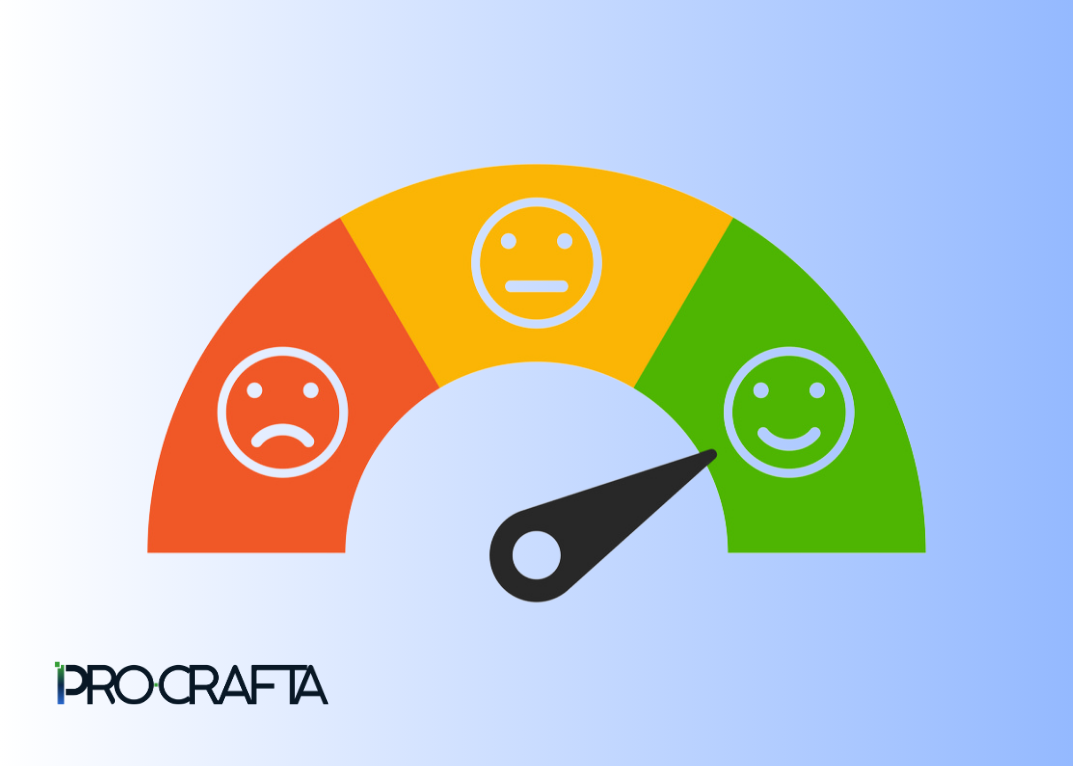Sentiment analysis for monitoring and managing company reputation

In the digital world, a company's reputation can change at lightning speed. An automated sentiment analysis tool based on the Microsoft Azure sentiment analysis API service gives companies the ability to effectively monitor and manage their reputation in real-time. The aim of this article is to introduce this tool, its capabilities, and practical applications to help companies maintain a competitive advantage and improve customer relations.
Key Concepts and Terms
- Sentiment Analysis: A Natural Language Processing (NLP) technique used to determine the emotion of a text. Example: The sentence "This product is amazing!" would be rated as a positive sentiment.
- Azure AI Services: A category of Microsoft Azure cloud technology services providing various AI and machine learning tools, for example: image recognition, language translation, sentiment analysis.
- API (Application Programming Interface): A set of protocols allowing different systems to interact with each other. For example: The Azure Sentiment Analysis API allows programmers to integrate sentiment analysis functions into their systems or tools.
- Reputation Management: A set of strategies and actions designed to form and maintain a positive company image. For example: Quickly responding to negative feedback on social networks.
Overview
The Azure sentiment analysis API is a powerful tool that allows for automatic analysis of text and determines its emotions. Key advantages:
- Real-time analysis.
- Support for multiple languages.
- Comprehensive insights including overall sentiment score and evaluation of individual sentences.
- Easy integration with other Azure services.
Application areas:
- Social media monitoring.
- Customer feedback analysis.
- Product and service improvement.
- Competitor analysis.
Possible Use Cases
Social Media Monitoring
Scenario: A company wants to monitor feedback about a new product on Google Business or Facebook platforms.
Example: Automatic collection of feedback using API and sentiment analysis at set intervals.
Improving Customer Service
Scenario: An e-commerce company wants to quickly respond to negative feedback.
Example: Automatic sending of alerts to the customer service team when negative sentiment is detected online.
Product Improvement
Scenario: A software company wants to identify the most frequently mentioned technical issues online.
Example: Automatic analysis of feedback and highlighting of the most frequently mentioned negative aspects.
Future Perspectives
- More accurate emotion analysis including understanding of sarcasm and context.
- Wider integration of multimodal analysis (text, image, sound).
- Adaptation to specific industries using specialized artificial intelligence models.
Challenges: Data privacy, growing legal regulation, the need to continuously improve models.
Conclusions
The Azure sentiment analysis API provides companies with a powerful tool for reputation management and customer insights. Automated sentiment analysis allows for quick response to emerging issues, improvement of products and services, processing of large amounts of data, and maintaining a competitive advantage.
